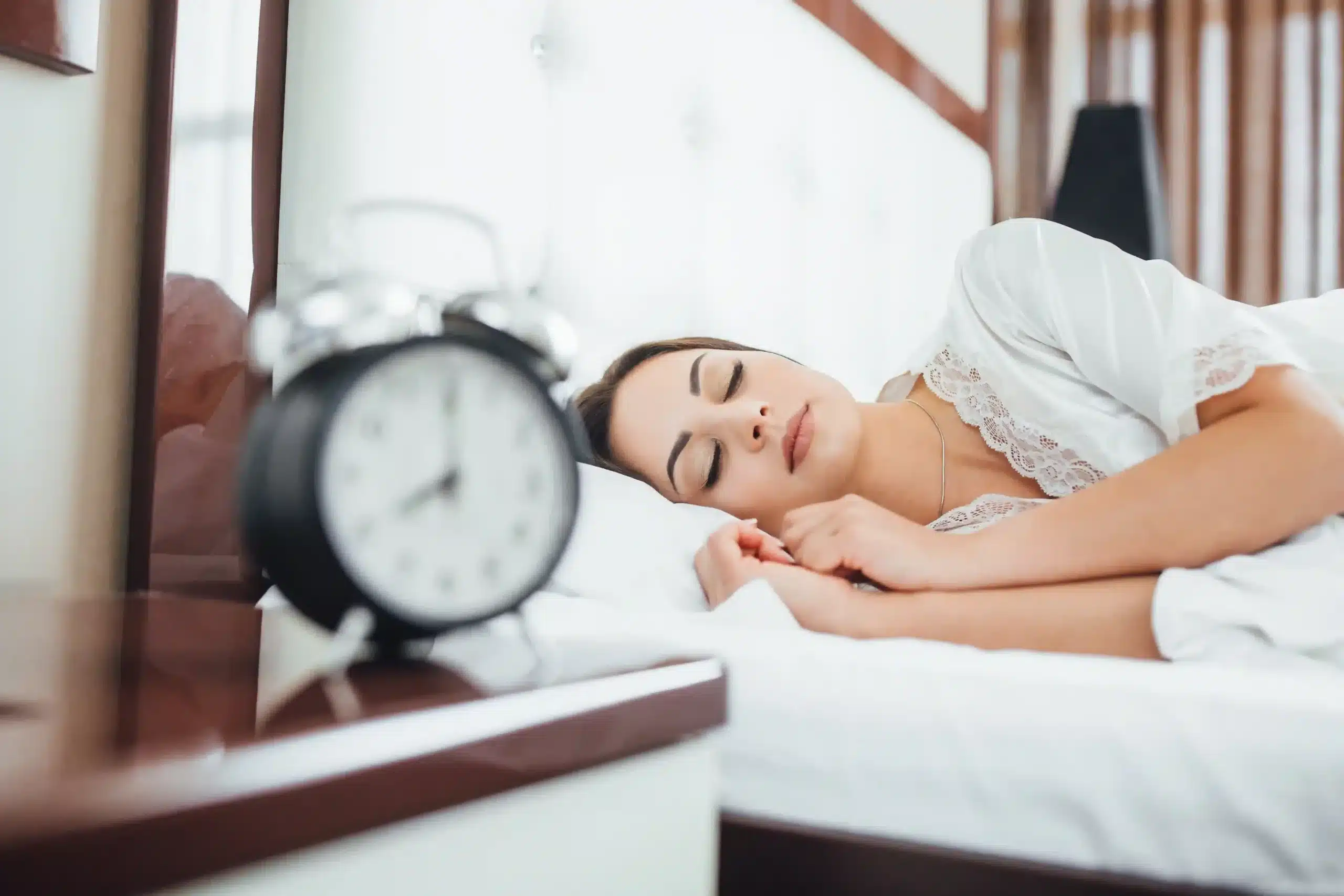7 Ways a Hormone Specialist Can Help You Manage Symptoms
I’ve seen countless patients struggling with hormone-related issues, feeling lost and overwhelmed. The human body is an intricate symphony of hormones, and when one element is off-key, it can throw everything out of balance. As a hormone specialist, I’ve discovered that a holistic approach is crucial for effectively managing symptoms. Let me share seven ways I help my patients regain their hormonal harmony.

1. Crafting a Hormone-Friendly Diet
What you eat profoundly impacts your hormones. I work closely with patients to develop personalized nutrition plans that support hormonal balance. For instance, I’ve seen remarkable improvements in patients who reduce their alcohol and sugar intake.1,2 Sugar isn’t just bad for your waistline – it can exacerbate hot flashes and night sweats. I remember a patient who thought her hot flashes were uncontrollable until we cut back on her sugar consumption. The change was like night and day.
2. Stress Management Techniques
Stress is a silent hormone disruptor. It’s not just in your head – it has real, physical effects on your body. I teach my patients various stress management techniques, from deep breathing exercises to mindfulness practices. 3 One of my favorites is Hearmath because it is quick, easy and has over 200 studies to show it reduces anxiety and depression, increases sleep, productivity and innovation and puts people in a state of flow. These tools can significantly reduce the frequency and intensity of hormone-related symptoms like hot flashes and mood swings.
3. Monitoring Hormone Metabolism
Understanding how your body processes hormones is crucial for avoiding side effects and optimizing treatment. I use advanced testing to monitor hormone metabolism, allowing me to fine-tune treatments and catch potential issues before they become problems. If I know that your liver is processing your hormones into a form that is toxic and if your enzyme that gets rid of these toxic metabolites is not working well, I can advise diet and supplements to convert these breakdown products into benign form that can be eliminated. 4 This personalized approach helps ensure that hormone therapy is both safe and effective.
4. Addressing Environmental Toxins
We live in a world full of hormone-disrupting chemicals. From plastics to pesticides, these toxins can wreak havoc on your endocrine system. I educate my patients on identifying and minimizing exposure to these toxins. 5,6 Sometimes, simple changes like switching to glass food containers or choosing organic produce can make a significant difference in hormonal health.
5. Optimizing Sleep
Sleep and hormones have a bidirectional relationship – poor sleep can disrupt hormones, and hormonal imbalances can lead to poor sleep. I work with patients to improve their sleep hygiene and address any underlying issues that might be affecting their rest. The improvements in mood, energy, and overall well-being can be dramatic. Some simple hacks can be listening to binaural beats, pressing on acupressure points or supplements as well as hormone replacement therapy can dramatically improve sleep and the quality of life. Without sleep you gain weight, can’t think, have more accidents, make poor decisions and become irritable and potentially damage relationships.
6. Tailoring Exercise Regimens
Exercise is a powerful tool for hormonal health, but it’s not one-size-fits-all. Too much high-intensity exercise can actually stress the body and disrupt hormones, especially in people with existing imbalances. 7 Too much cortisol can break down muscle, bone and collagen, raise blood sugar, blood pressure and cholesterol and cause weight gain around your belly. I help patients find the right balance of activities that support their hormonal health without overtaxing their systems.
7. Comprehensive Hormone Testing and Monitoring
Accurate measurement and monitoring of hormone levels are essential for effective treatment. I use a combination of blood, saliva, and urine tests to get a complete picture of a patient’s hormonal status. This allows me to track changes over time and adjust treatments as needed.
The key to managing hormonal symptoms effectively is understanding that everything is interconnected. What you eat, drink, how much you sleep and exercise, the toxins you’re exposed to, and the stress you’re under all affect your hormones. That’s why having someone knowledgeable in this holistic approach is so important.
I’m reminded of a quote by the ancient Greek physician Hippocrates: “The natural healing force within each one of us is the greatest force in getting well.” As a hormone specialist, my role is to help you tap into that natural healing force by addressing all aspects of your life that influence your hormonal health.
If you’re struggling with hormonal symptoms, know that there’s hope. With the right guidance and a comprehensive approach, it’s possible to find balance and feel like yourself again. If you need help, apply for a no obligation clarity call to see if we are a good fit. We also offer virtual courses to address your most pressing issues. Remember, your body has an incredible capacity for healing – sometimes it just needs a little help to get back on track.
References:
- Leidy Sievert L, Makhlouf Obermeyer C, Price K. Determinants of hot flashes and night sweats. Ann Hum Biol. 2006;33(1):4-16. doi:10.1080/03014460500421338
- Dormire S, Howharn C. The Effect of Dietary Intake on Hot Flashes in Menopausal Women. J Obstet Gynecol Neonatal Nurs JOGNN NAACOG. 2007;36(3):255-262. doi:10.1111/j.1552-6909.2007.00142.x
- van Driel CM, Stuursma A, Schroevers MJ, Mourits MJ, de Bock GH. Mindfulness, cognitive behavioural and behaviour-based therapy for natural and treatment-induced menopausal symptoms: a systematic review and meta-analysis. BJOG Int J Obstet Gynaecol. 2019;126(3):330-339. doi:10.1111/1471-0528.15153
- Dallal CM, Tice JA, Buist DSM, et al. Estrogen metabolism and breast cancer risk among postmenopausal women: a case–cohort study within B~FIT. Carcinogenesis. 2014;35(2):346-355. doi:10.1093/carcin/bgt367
- Stillwater BJ, Bull AC, Romagnolo DF, Neumayer LA, Donovan MG, Selmin OI. Bisphenols and Risk of Breast Cancer: A Narrative Review of the Impact of Diet and Bioactive Food Components. Front Nutr. 2020;7:581388. doi:10.3389/fnut.2020.581388
- Forman MR, Winn DM, Collman GW, Rizzo J, Birnbaum LS. Environmental exposures, breast development and cancer risk: Through the looking glass of breast cancer prevention. Reprod Toxicol Elmsford N. 2015;54:6-10. doi:10.1016/j.reprotox.2014.10.019
- Hill EE, Zack E, Battaglini C, Viru M, Viru A, Hackney AC. Exercise and circulating Cortisol levels: The intensity threshold effect. J Endocrinol Invest. 2008;31(7):587-591. doi:10.1007/BF03345606






She is a recognized and award-winning holistic, functional, integrative and anti-aging healthcare practitioner, speaker and author, and has been featured in ABC News, Forbes, WOR Radio and many media outlets to spread the word that you can live younger and healthier at any age.